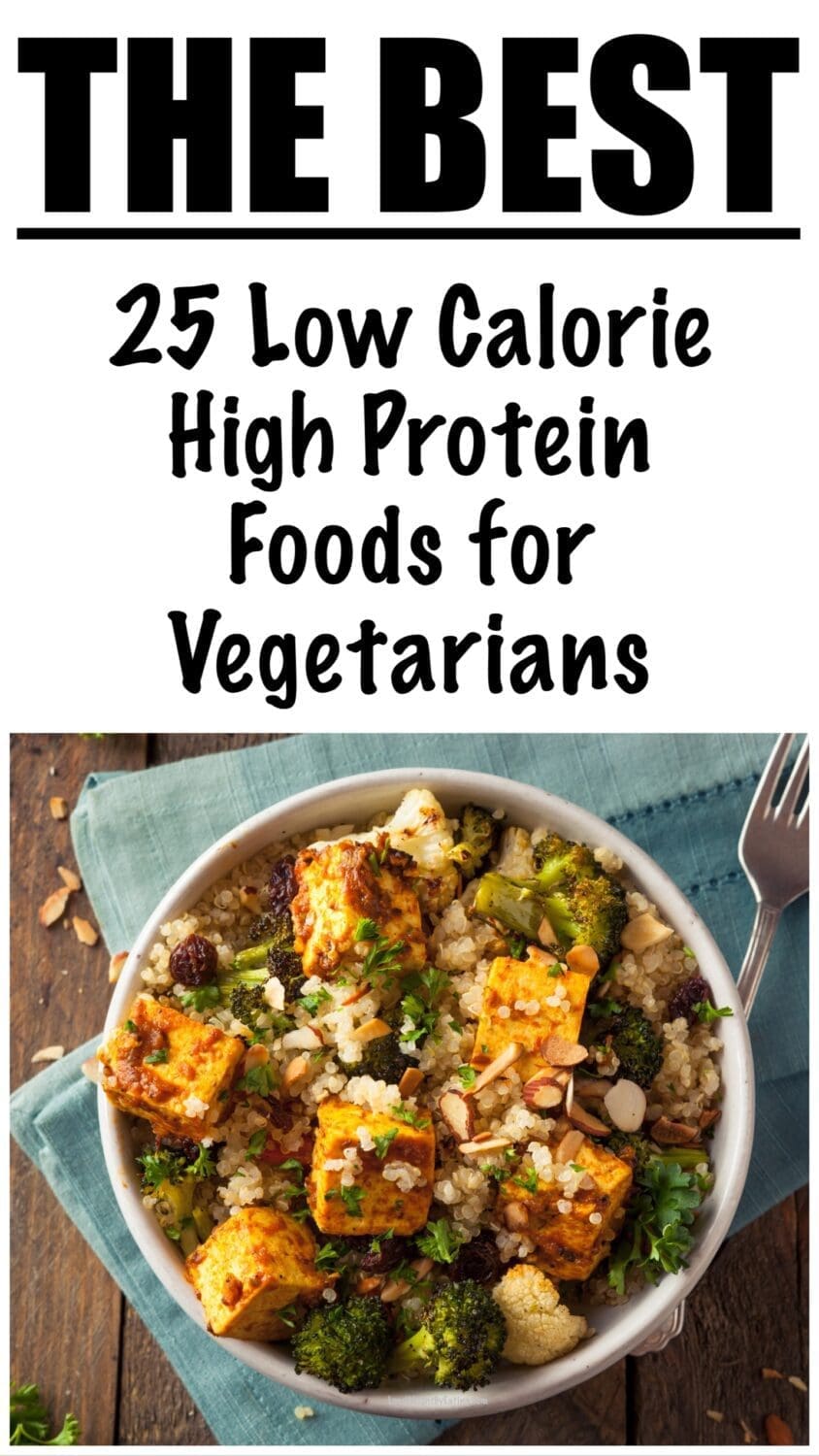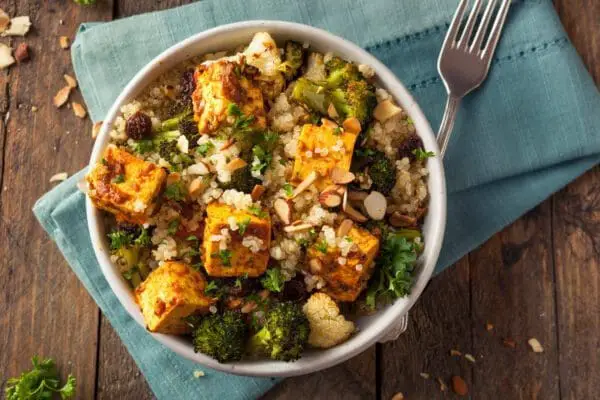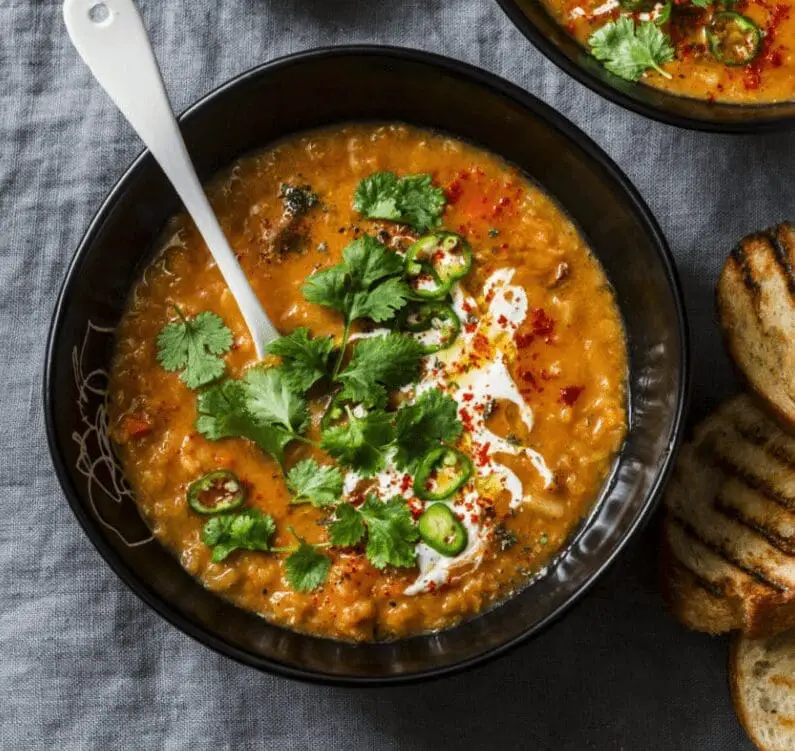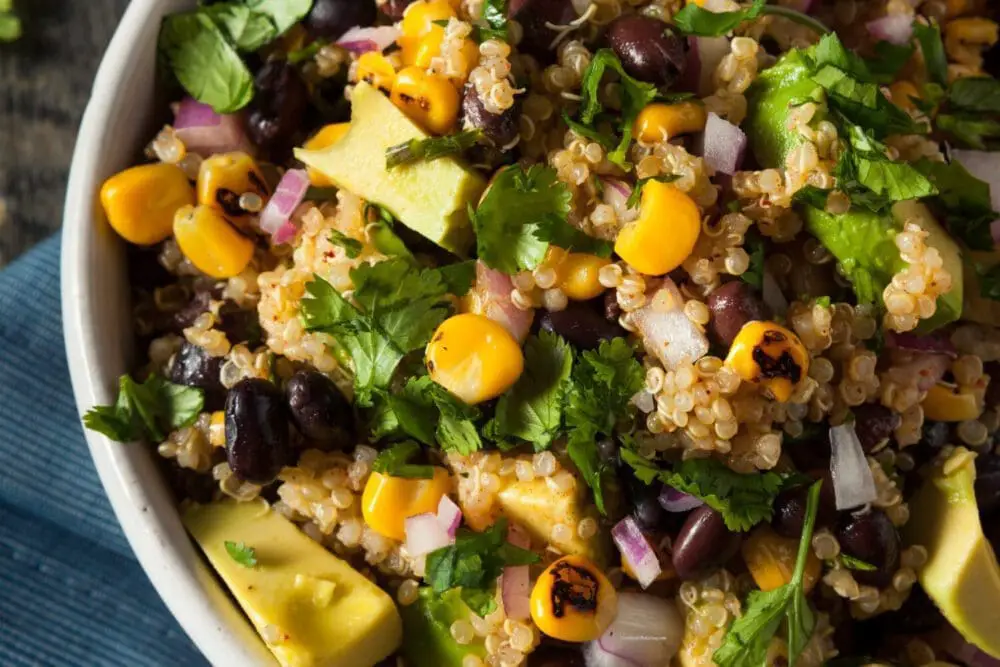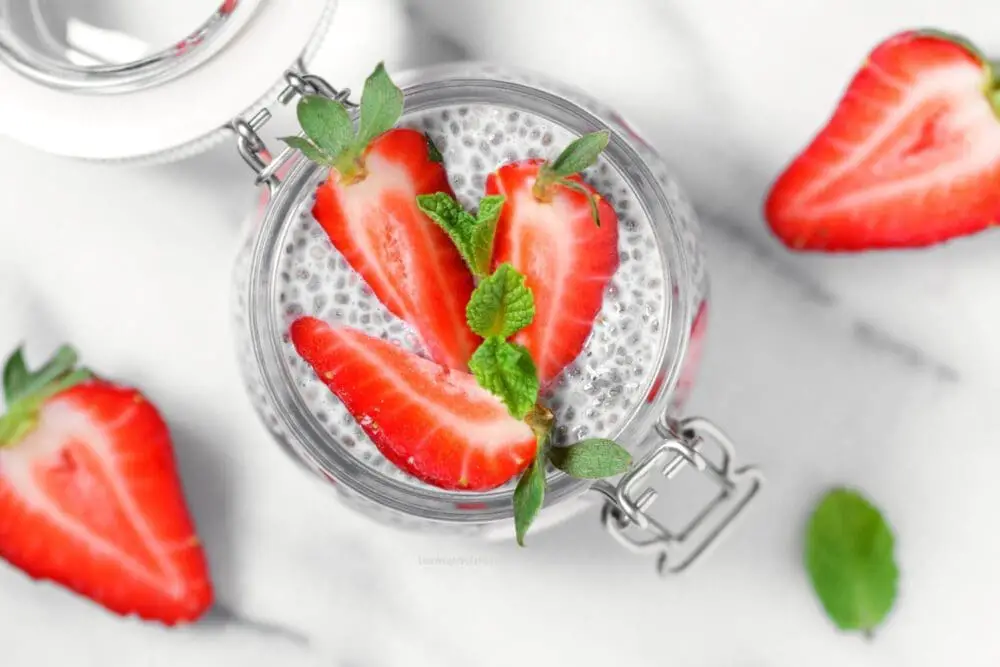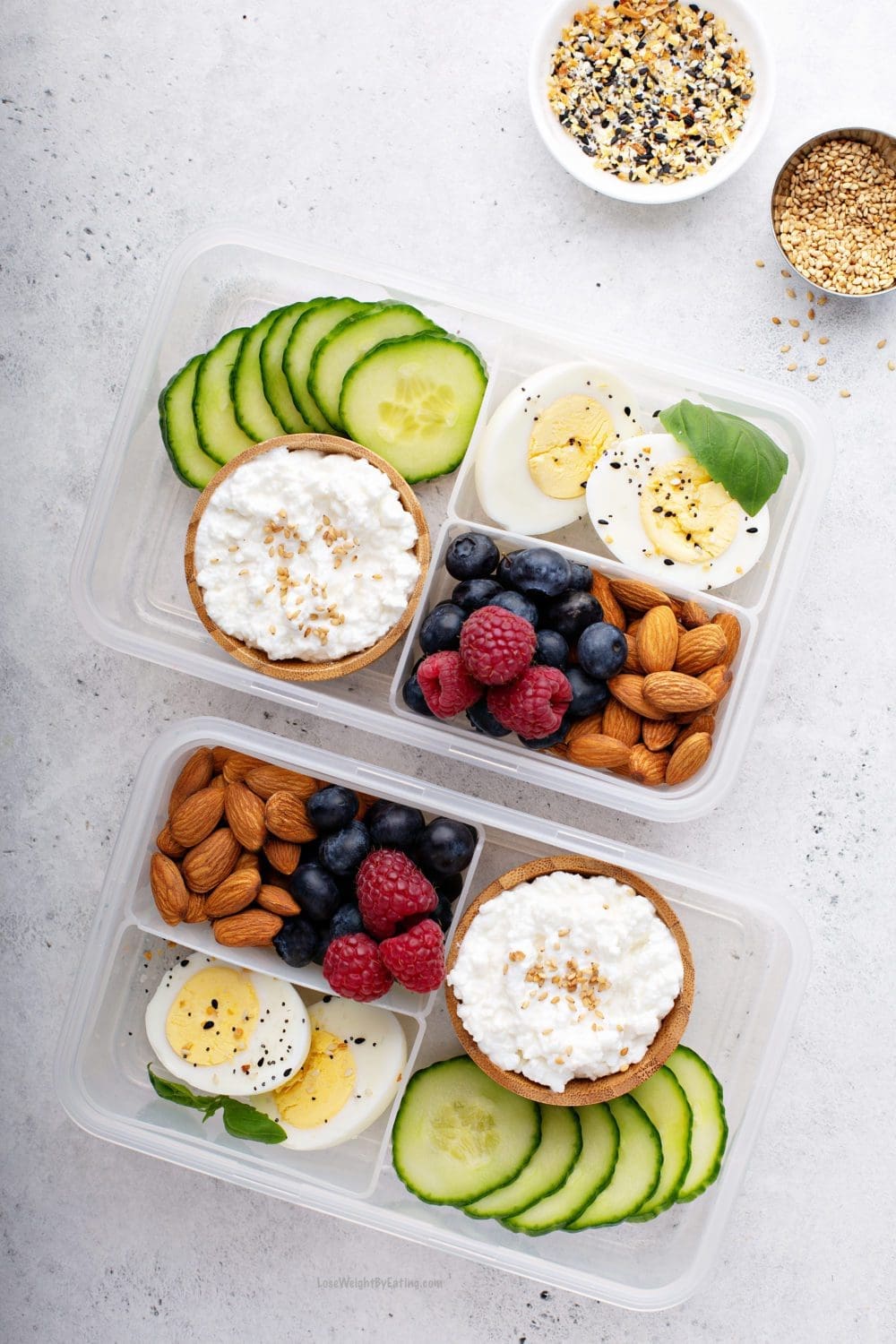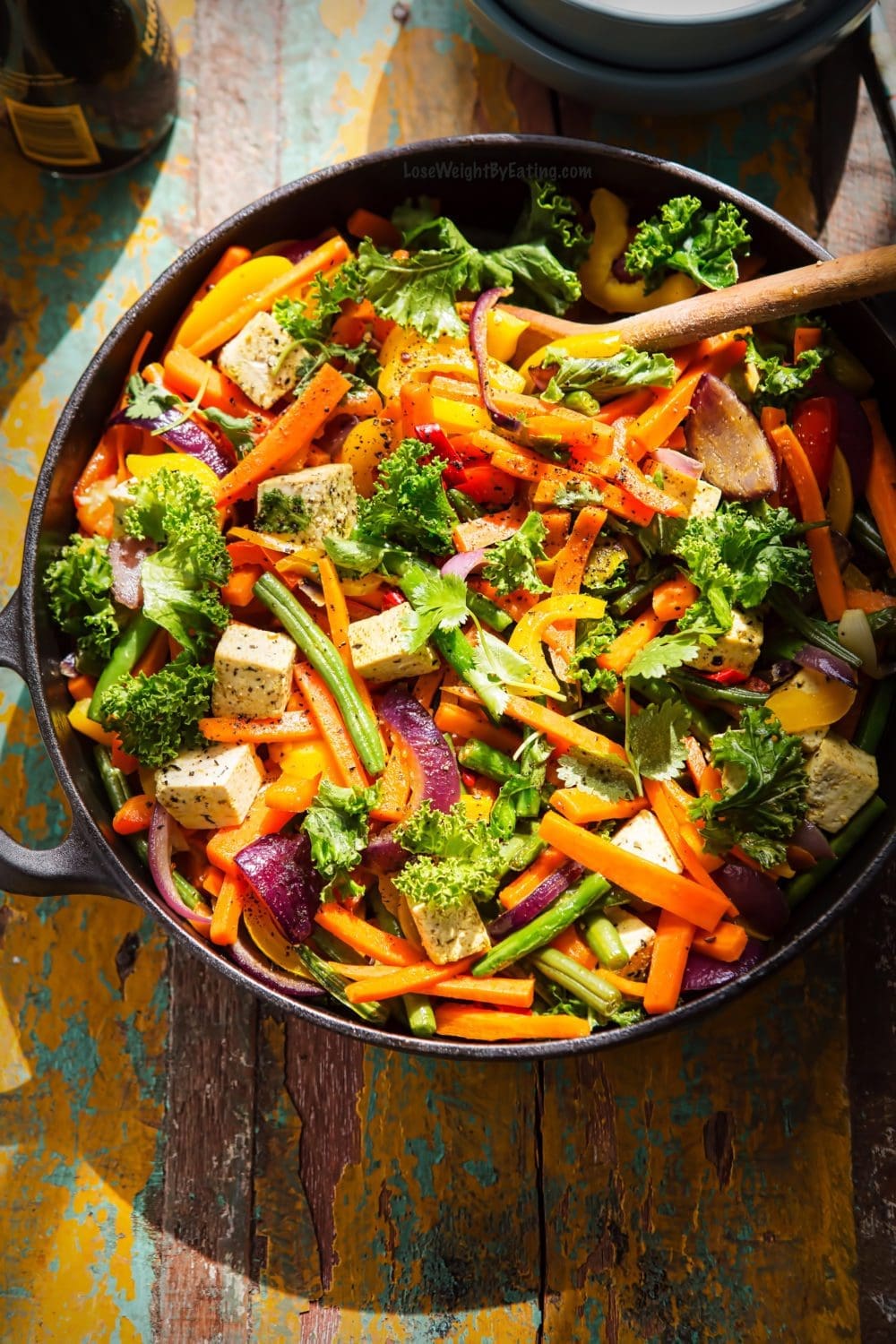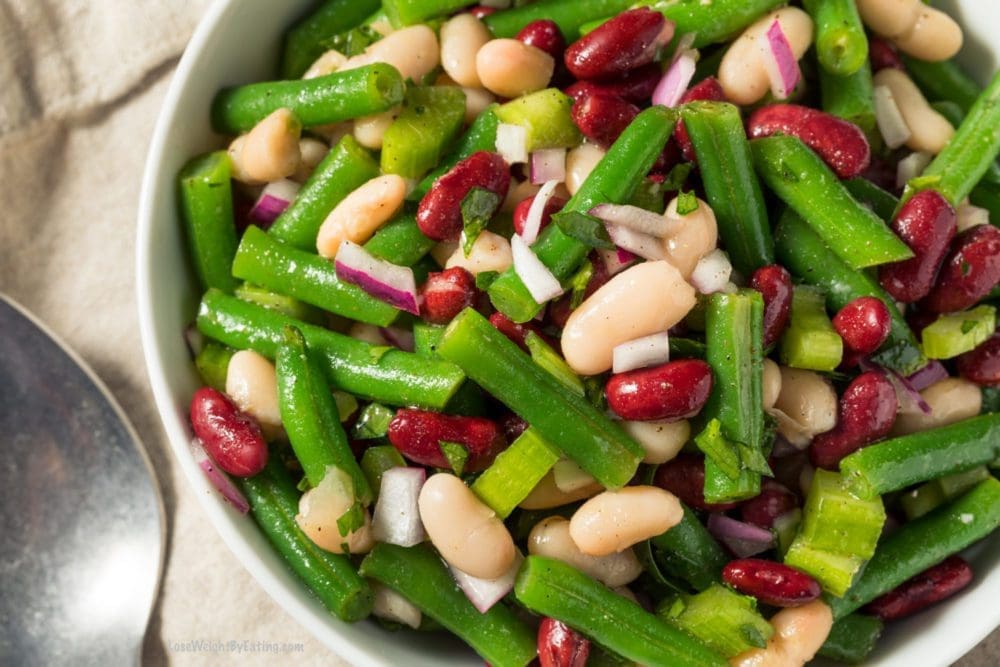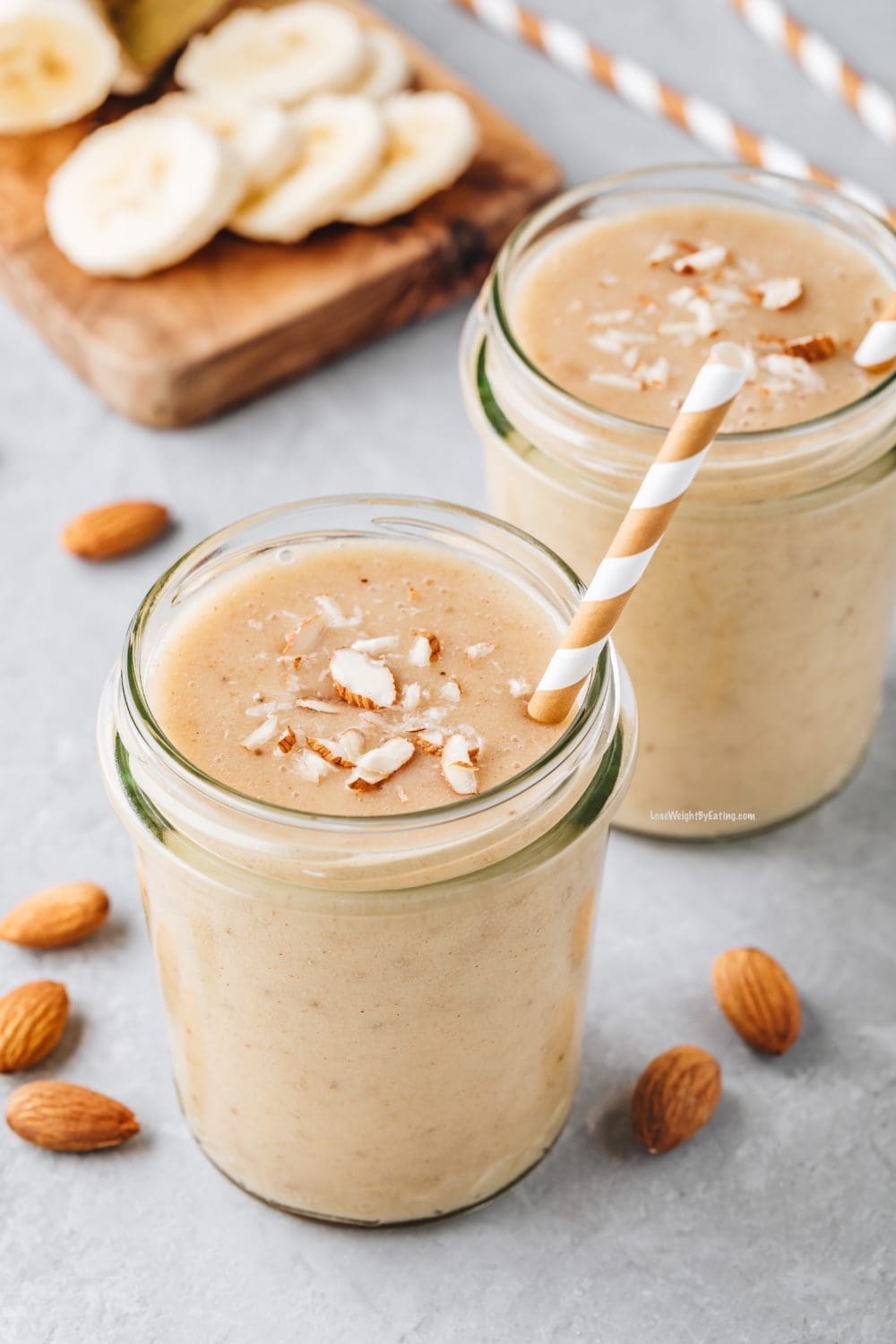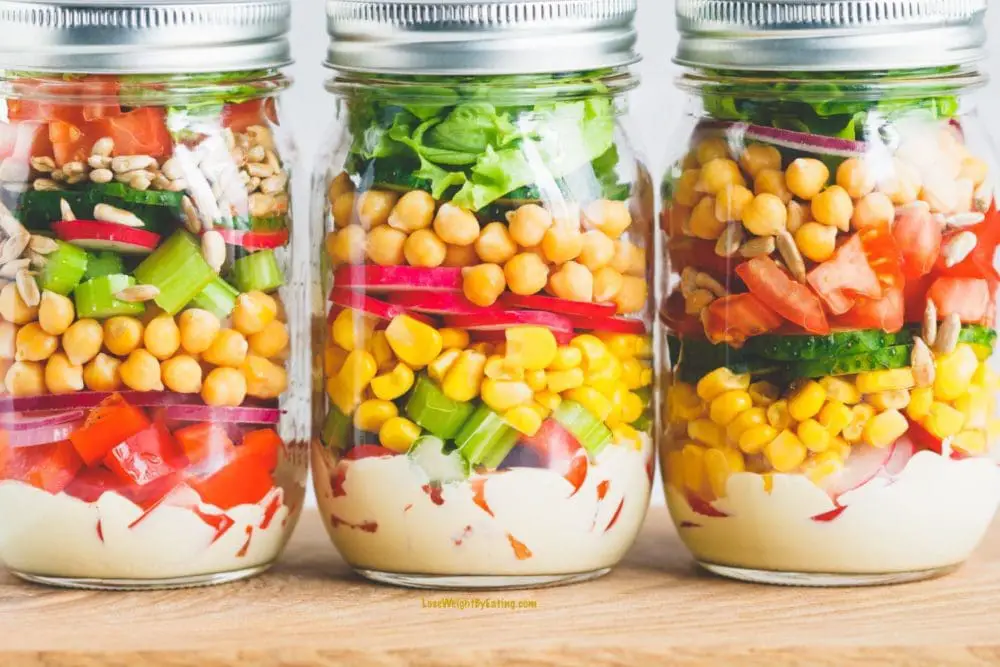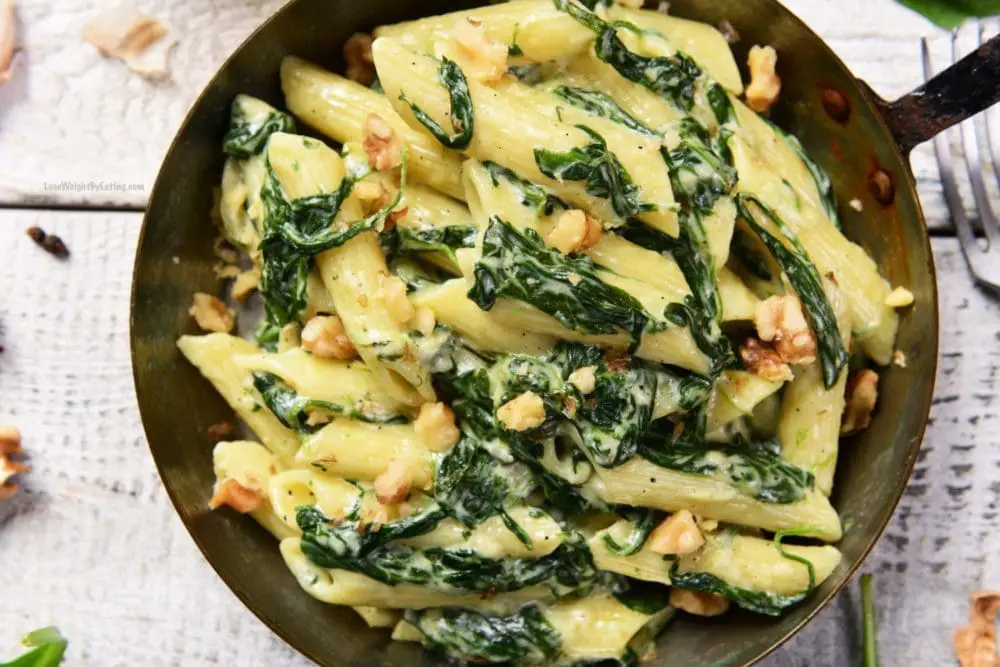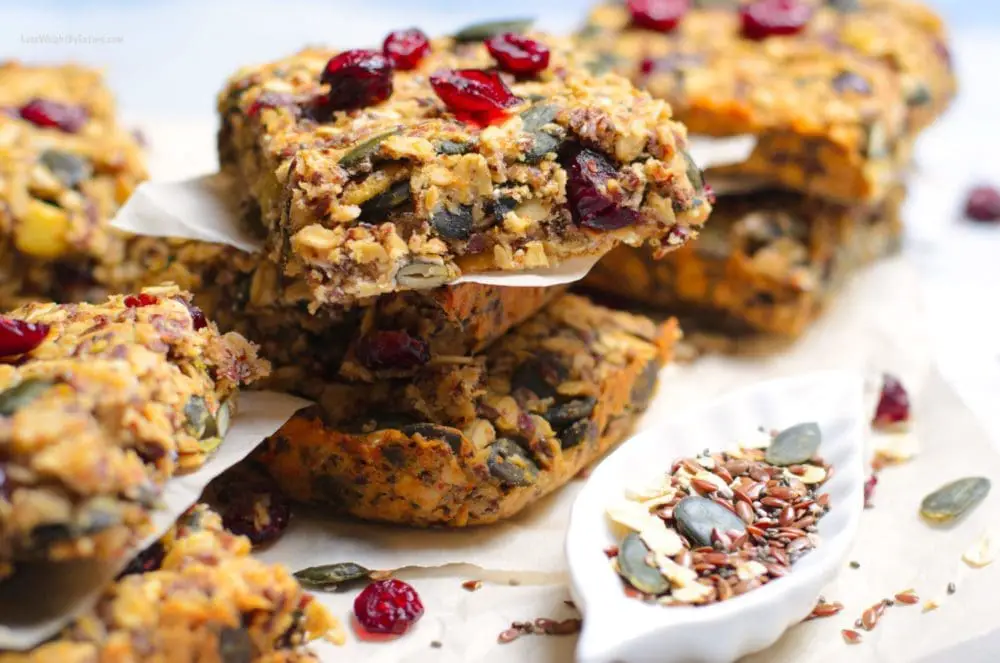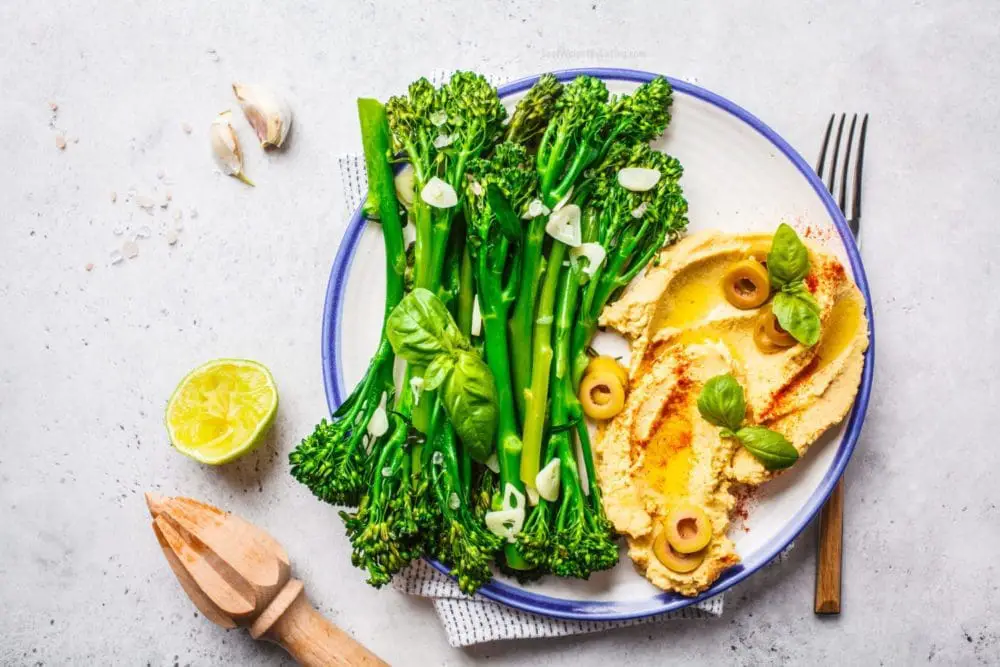Find the Best 25 Low Calorie High Protein Foods for Vegetarians, boost the protein in your diet with these plant based and vegetarian options!
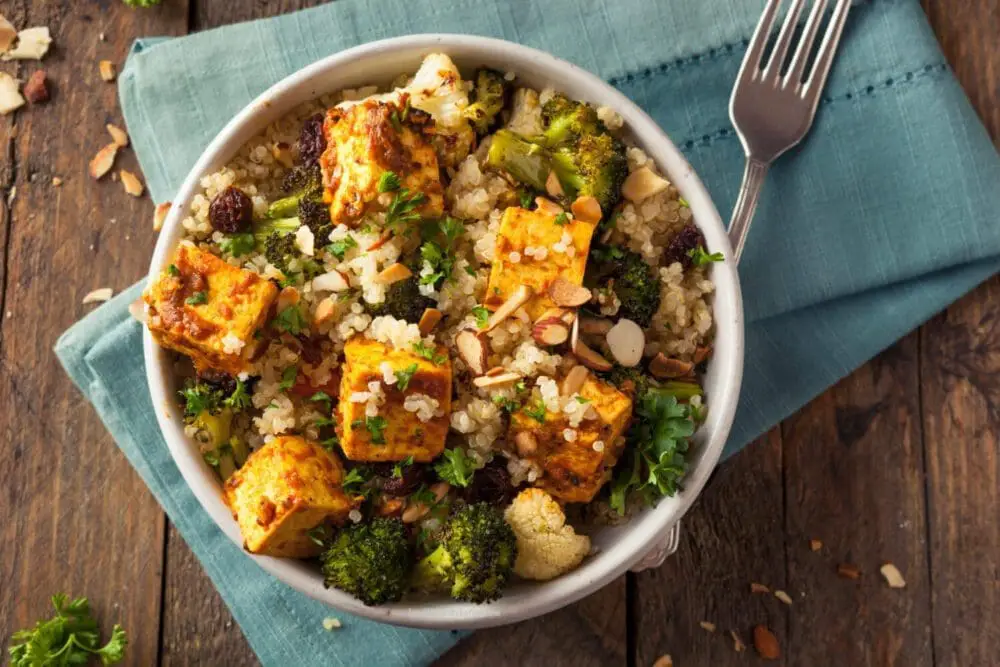

Are you a vegetarian looking for low-calorie high-protein foods to support your healthy lifestyle? You’ve come to the right place! In this article, I’ll share 25 delicious and nutritious vegetarian foods that are not only low in calories but also packed with protein.
Whether you’re a vegetarian athlete, weight watcher, or simply looking to incorporate more plant-based protein into your diet, these food options will keep you satisfied and energized.
So, let’s dive in and discover the abundance of vegetarian protein sources that can help you meet your fitness and health goals.
1. Lentils: Protein-Packed Powerhouses
Lentils are a fantastic source of protein for vegetarians. These legumes are not only high in protein but also rich in fiber, minerals, and vitamins.
With approximately 18 grams of protein per cooked cup (240 ml), lentils offer an impressive protein profile while being low in calories.
They are also versatile and can be used in a wide range of dishes, from soups and stews to salads and curries.
2. Greek Yogurt: Creamy and Nutritious
Greek yogurt is a popular choice among health-conscious individuals, and for a good reason!
It is an excellent source of protein, offering around 17 grams of protein per 170-gram serving. In addition to being protein-rich, Greek yogurt is also low in calories and packed with gut-friendly probiotics.
Enjoy it as a snack, incorporate it into smoothies, or use it as a creamy topping for your favorite dishes.
3. Quinoa: The Complete Protein Grain
Quinoa is a versatile grain that serves as a complete protein source for vegetarians. It contains all nine essential amino acids, making it a rare plant-based complete protein.
With approximately 8 grams of protein per cooked cup (185 grams), quinoa is a great choice for those seeking low-calorie high-protein foods.
It can be used as a base for salads, added to stir-fries, or enjoyed as a side dish.
4. Tempeh: Fermented Soybean Goodness
Tempeh is a traditional Indonesian food made from fermented soybeans. It is a nutrient-dense food with a firm texture and a nutty flavor.
With around 31 grams of protein per cup (166 grams), tempeh is an excellent choice for vegetarians looking to boost their protein intake.
It can be marinated, grilled, or stir-fried to enhance its taste and used as a meat substitute in various dishes.
5. Chia Seeds: Tiny Superfood Powerhouses
Chia seeds may be small, but they are packed with nutrients, including protein.
These tiny black seeds offer approximately 5 grams of protein per ounce (28 grams). They are also an excellent source of omega-3 fatty acids, fiber, and antioxidants.
Add chia seeds to your smoothies, sprinkle them on top of yogurt or oatmeal, or use them as an egg substitute in vegan baking recipes.
6. Cottage Cheese: Creamy and Protein-Rich
Cottage cheese is a versatile and protein-rich dairy product that can be enjoyed by vegetarians.
It contains approximately 14 grams of protein per half-cup (113 grams). Cottage cheese is also low in calories and provides essential nutrients like calcium and vitamin B12.
Enjoy it as a snack, incorporate it into salads, or use it as a protein-packed ingredient in recipes.
7. Hemp Seeds: A Complete Plant Protein
Hemp seeds are a complete protein source that provides all nine essential amino acids.
With around 10 grams of protein per ounce (28 grams), hemp seeds are an excellent addition to a vegetarian diet. They are also rich in healthy fats, fiber, and minerals.
Sprinkle hemp seeds on top of salads, blend them into smoothies, or use them as a crunchy topping for roasted vegetables.
8. Tofu: The Versatile Soybean Delight
Tofu is a staple in vegetarian and vegan diets due to its high protein content and versatility.
It is made from soybean curds and offers approximately 10 grams of protein per 3.5-ounce (100-gram) serving. Tofu absorbs flavors well, making it a great addition to stir-fries, curries, and grilled dishes.
Experiment with different tofu varieties, such as silken, firm, and extra-firm, to find your preferred texture.
9. Edamame: Young Soybeans Packed with Protein
Edamame, or young soybeans, are a popular appetizer in Japanese cuisine. They are not only delicious but also an excellent source of plant-based protein.
With around 17 grams of protein per cup (155 grams), edamame can be enjoyed as a snack or added to salads, stir-fries, and pasta dishes.
These vibrant green soybeans are also rich in fiber, folate, and vitamin K.
10. Green Peas: Sweet and Nutritious Legumes
Green peas are a tasty and nutrient-dense food that can be included in a low-calorie high-protein vegetarian diet.
They offer approximately 9 grams of protein per cooked cup (160 grams) and are packed with fiber, vitamins, and minerals.
Green peas can be enjoyed in various ways, including steamed as a side dish, added to soups, or mixed into rice and pasta dishes.
11. Seitan: The “Wheat Meat”
Seitan, also known as wheat gluten, is a high-protein food made from gluten, the main protein found in wheat. It is a popular meat substitute among vegetarians and vegans due to its meat-like texture and taste.
Seitan provides approximately 21 grams of protein per 3.5-ounce (100-gram) serving and can be used in a variety of dishes, such as stir-fries, sandwiches, and stews.
12. Spirulina: A Nutrient-Dense Blue-Green Algae
Spirulina is a type of blue-green algae that is packed with nutrients, including protein. It is considered a complete protein source, offering all essential amino acids.
With approximately 8 grams of protein per 2 tablespoons (30 grams), spirulina is a great addition to smoothies, energy bars, and homemade protein balls.
It is also rich in antioxidants and provides several vitamins and minerals.
13. Pumpkin Seeds: Crunchy and Protein-Packed
Pumpkin seeds, also known as pepitas, are not only a delicious snack but also a great source of plant-based protein.
They offer approximately 7 grams of protein per ounce (28 grams) and are rich in healthy fats, fiber, and minerals.
Enjoy pumpkin seeds as a standalone snack, sprinkle them on salads, or use them as a crunchy topping for roasted vegetables.
14. Black Beans: Protein and Fiber Combo
Black beans are a versatile legume that provides both protein and fiber, making them a valuable addition to a vegetarian diet.
With approximately 15 grams of protein per cooked cup (172 grams), black beans can be enjoyed in various dishes, such as soups, salads, tacos, and veggie burgers. They are also rich in antioxidants and offer numerous health benefits.
15. Almonds: Nutty and Nutrient-Dense
Almonds are not only a tasty snack but also a good source of protein for vegetarians.
With approximately 6 grams of protein per ounce (28 grams), almonds can be enjoyed as a standalone snack, added to trail mixes, or used as a topping for yogurt and salads.
They are also rich in healthy fats, fiber, vitamin E, and magnesium.
16. Chickpeas: The Versatile Legume
Chickpeas, also known as garbanzo beans, are a versatile legume that can be incorporated into a variety of dishes.
They offer around 15 grams of protein per cooked cup (164 grams) and are a staple in Mediterranean and Middle Eastern cuisines.
Chickpeas can be used to make hummus, added to salads and stews, or roasted for a crispy snack.
17. Peanut Butter: Creamy and Protein-Packed
Peanut butter is a beloved spread that not only satisfies your taste buds but also provides a good amount of protein.
With approximately 8 grams of protein per 2 tablespoons (32 grams), peanut butter can be enjoyed on toast, blended into smoothies, or used as a base for savory sauces and dressings.
Opt for natural peanut butter without added sugars or hydrogenated oils for a healthier option.
18. Soy Milk: Dairy-Free Protein Source
Soy milk is a popular dairy alternative for vegetarians and vegans, and it serves as a good source of protein.
With around 8 grams of protein per cup (240 ml), soy milk can be used as a replacement for cow’s milk in various recipes, including smoothies, cereals, and baked goods.
It is also fortified with calcium and vitamin D, providing additional nutritional benefits.
19. Spinach: Nutrient-Dense Leafy Greens
Spinach is a nutrient-dense leafy green vegetable that offers a modest amount of protein along with an array of vitamins and minerals.
With approximately 5 grams of protein per cooked cup (180 grams), spinach can be incorporated into salads, sautéed as a side dish, or blended into smoothies.
It is also rich in iron, vitamin K, and antioxidants, promoting overall health.
20. Sunflower Seeds: Nutty and Protein-Rich
Sunflower seeds are not only delicious but also a good source of plant-based protein.
They offer around 6 grams of protein per ounce (28 grams) and are rich in healthy fats, fiber, and minerals.
Enjoy sunflower seeds as a snack, sprinkle them on salads, or use them as a crunchy topping for soups and stir-fries.
21. Oatmeal: A Wholesome and Protein-Packed Breakfast
Oatmeal is a nutritious and filling breakfast option that also provides a decent amount of protein.
With approximately 6 grams of protein per cooked cup (234 grams), oatmeal can be customized with various toppings, such as nuts, seeds, and fruits, to enhance its flavor and nutritional profile.
It is also high in fiber and contains beta-glucan, a type of soluble fiber known for its health benefits.
22. Green Lentils: Protein and Fiber Combo
Green lentils are another legume variety that offers a good balance of protein and fiber.
With approximately 18 grams of protein per cooked cup (240 ml), green lentils can be cooked and enjoyed in salads, soups, and stews.
They are also a good source of folate, iron, and antioxidants, supporting overall health and well-being.
23. Cashews: Creamy and Protein-Packed Nuts
Cashews are creamy and protein-rich nuts that can be enjoyed as a snack or incorporated into various recipes.
With around 5 grams of protein per ounce (28 grams), cashews offer a satisfying crunch and a wealth of nutrients.
They are also a good source of healthy fats, minerals, and antioxidants. Include cashews in your trail mixes, stir-fries, or homemade granola bars for a protein boost.
24. Flaxseeds: Omega-3 Powerhouses
Flaxseeds are small seeds that are packed with protein and omega-3 fatty acids, making them a valuable addition to a vegetarian diet.
With approximately 6 grams of protein per 2 tablespoons (20 grams), flaxseeds can be ground and added to smoothies, oatmeal, or baked goods.
They are also rich in fiber and lignans, which have been associated with various health benefits.
25. Broccoli: Nutrient-Packed Cruciferous Vegetable
Broccoli is a nutrient-packed cruciferous vegetable that offers a modest amount of protein along with an array of vitamins and minerals.
With approximately 3 grams of protein per cooked cup (156 grams), broccoli can be enjoyed steamed, roasted, or added to stir-fries and salads.
It is also rich in fiber, vitamin C, and antioxidants, supporting a healthy immune system.
Frequently Asked Questions (FAQs)
1. Can vegetarians meet their protein needs without consuming meat?
Absolutely! Vegetarians can easily meet their protein needs by incorporating a variety of plant-based protein sources into their diet. Foods like lentils, Greek yogurt, quinoa, and tofu provide ample protein while being low in calories.
2. How much protein do vegetarians need on a daily basis?
The protein needs of vegetarians vary depending on factors such as age, sex, weight, and activity level. However, a general guideline is to consume around 0.8 grams of protein per kilogram of body weight. Consulting with a registered dietitian can help determine individual protein requirements.
3. Are plant-based proteins complete proteins?
While most plant-based proteins are not complete proteins on their own, combining different protein sources throughout the day can provide all essential amino acids. For example, combining grains with legumes or nuts and seeds can create a complete protein profile.
4. Can low-calorie high-protein foods help with weight loss?
Yes, incorporating low-calorie high-protein foods into a balanced diet can support weight loss. Protein is known to increase satiety and promote feelings of fullness, which can help reduce overall calorie intake and support weight management.
5. Can these protein-rich foods benefit athletes and active individuals?
Absolutely! Protein is essential for muscle repair, recovery, and growth, making it crucial for athletes and active individuals. Incorporating these protein-rich vegetarian foods into a well-rounded diet can provide the necessary nutrients to support physical performance.
6. Are there any potential allergens among these protein-rich foods?
Yes, it’s important to note that some individuals may have allergies or sensitivities to certain foods. For example, peanuts and tree nuts can be allergenic for some people. It’s essential to be aware of any allergies or intolerances and choose protein sources accordingly.
Final Thoughts
Meeting protein needs on a vegetarian diet is not only achievable but also delicious with the abundance of low-calorie high-protein foods available.
From lentils and Greek yogurt to quinoa and tempeh, vegetarians have a wide range of options to choose from.
Incorporating these protein-rich foods into your meals and snacks can help you maintain a balanced and nutritious diet while supporting your health and fitness goals.
So, start exploring the world of vegetarian protein and enjoy the benefits it brings to your well-being.
What to Read Next:
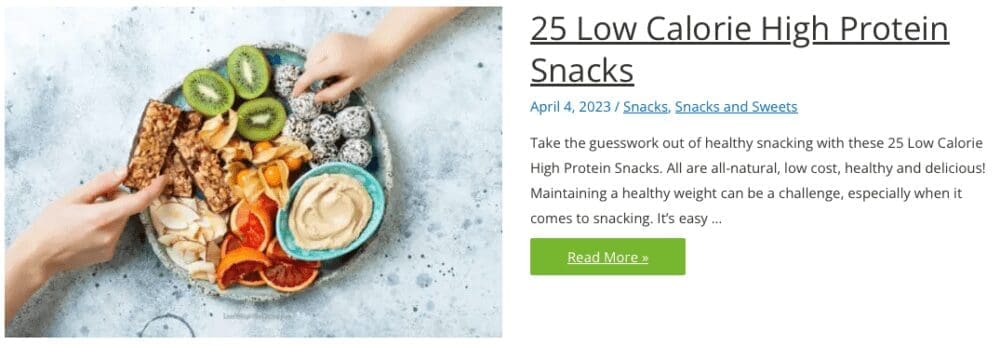

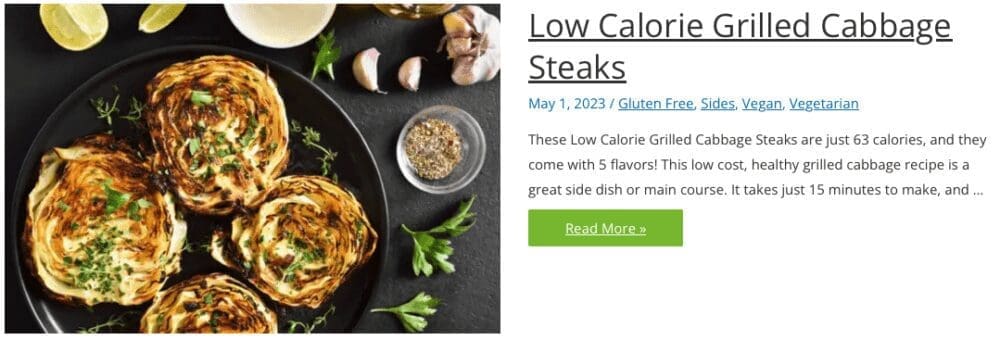

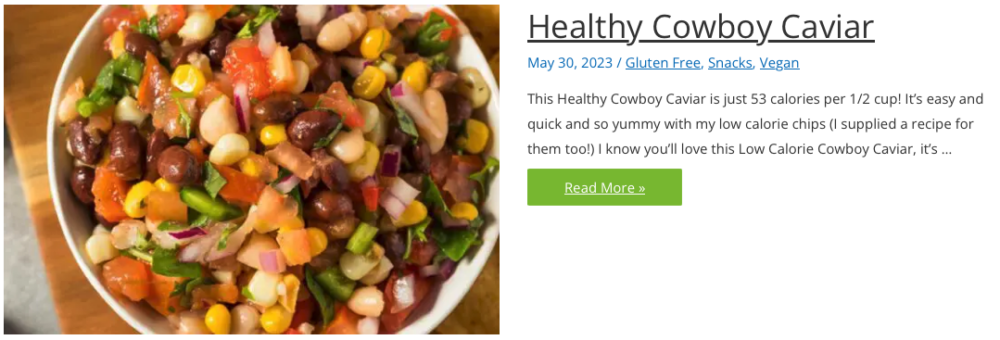

Lose Weight By Eating Cookbooks


Share This Low Calorie High Protein Guide:
